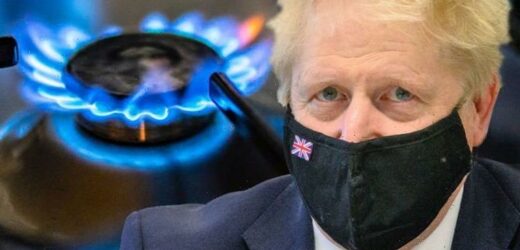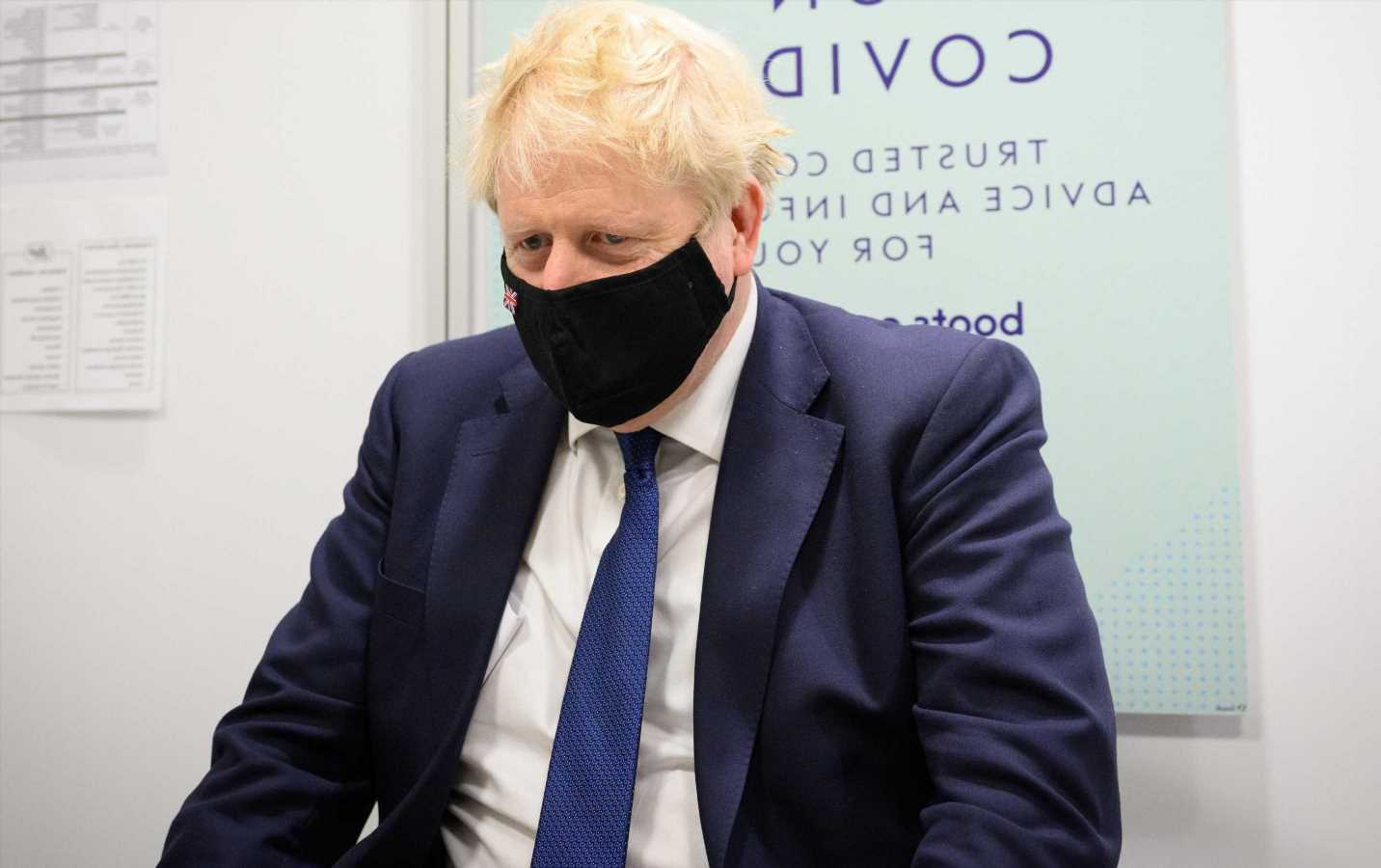Boris Johnson comments on energy crisis
We use your sign-up to provide content in ways you’ve consented to and to improve our understanding of you. This may include adverts from us and 3rd parties based on our understanding. You can unsubscribe at any time. More info
This comes after it was announced that energy bills could rise by at least another 50 percent, to as much as £2,000 a year on April 1 for an average household paying by direct debit. This represents a new energy price cap, the maximum tariff an energy supplier can charge customers. Now, large swathes of voters are terrified that they won’t be able to cope with the soaring costs.
A YouGov survey of 1,744 adults on Thursday and Friday suggested that 86 per cent expected their cost of living to increase this year.
This rose to more than 90 percent among Conservative voters.
And 67 percent of voters said they were worried about rising prices.
Up to 59 percent backed using tax revenue to limit the rise in gas and electricity bills expected when the energy price cap is reviewed in April.
And this rose to 66 percent for Tory voters, who seemed to prefer taxpayer subsidies compared to Labour voters, driven by strong support among the over-65s.


And worryingly for the Government, 33 percent said they expected their fuel bills “to increase by more than I can afford in the year ahead”.
Mr Johnson has been urged to step in to protect households from skyrocketing prices.
He is due to hold talks with Rishi Sunak, the Chancellor, and Kwasi Kwarteng, the Business Secretary, to discuss measures.
One suggested measure has been to scrap VAT on energy bills, a policy introduced by the EU back in the 1990s.
But the Prime Minister has said that this measure won’t be an effective mechanism to protect Britons, despite promising during the 2016 Brexit referendum that Britain could get rid of the Brussels-imposed policy.

Another measure would be involved scrapping the green levy charged on energy bills.
Tory MP John Penrose has said that neither of these measures would work.
That is because, he claims, Vladimir Putin’s energy squeeze on Europe is ramping up energy bills for millions of Britons.
He told GB News: “The major change in what is going on with our energy bills isn’t being driven by VAT or green levies or these sorts of things.
“They are a factor, yes. But the really big change, the thing that is driving the pain for all of us and is going to get worse over the next couple of months is the increasing international price of gas.”
DON’T MISS
Yellowstone supervolcano warning after magma chamber discovery [REPORT]
NO fourth Covid vaccine needed as new booster guidance given [INSIGHT]
Mystery bite mark on Great White Shark sparks Megalodon theory [REVEAL]

He added: “That (increasing international gas prices) is actually being driven by decisions being taken by Moscow because they stopped pumping as much gas.
“It all comes across the rest of Europe through a series of pipelines and so it knocks through to British energy bills away.”
But despite this, allowing energy companies to defer payment of green levies is still one option under consideration.
But it is suspected that they are unlikely to be scrapped entirely, despite calls coming from some backbenchers.
Analysis by the Taxpayers’ Alliance estimates that green taxes will rise by more than 40 percent under the current Prime Minister.

Its analysis of Office for Budget Responsibility figures indicated that the £11.7 billion raised by measures such as the climate change levy and carbon price floor would increase to £16.7 billion by May 2024, when an election is due.
This comes at a time when Mr Johnson’s popularity has been plummeting.
Mr Johnson’s own net approval rating in an Opinium poll last week was minus 24 percent , up from minus 31 percent before Christmas.
But this is still well behind Labour Party leader Keir Starmer, as plus 3 percent.
Support for the Conservatives rose two percentage points to 34 percent, but this is still behind Labour’s 39 percent in the January 5-7 survey.
Source: Read Full Article


